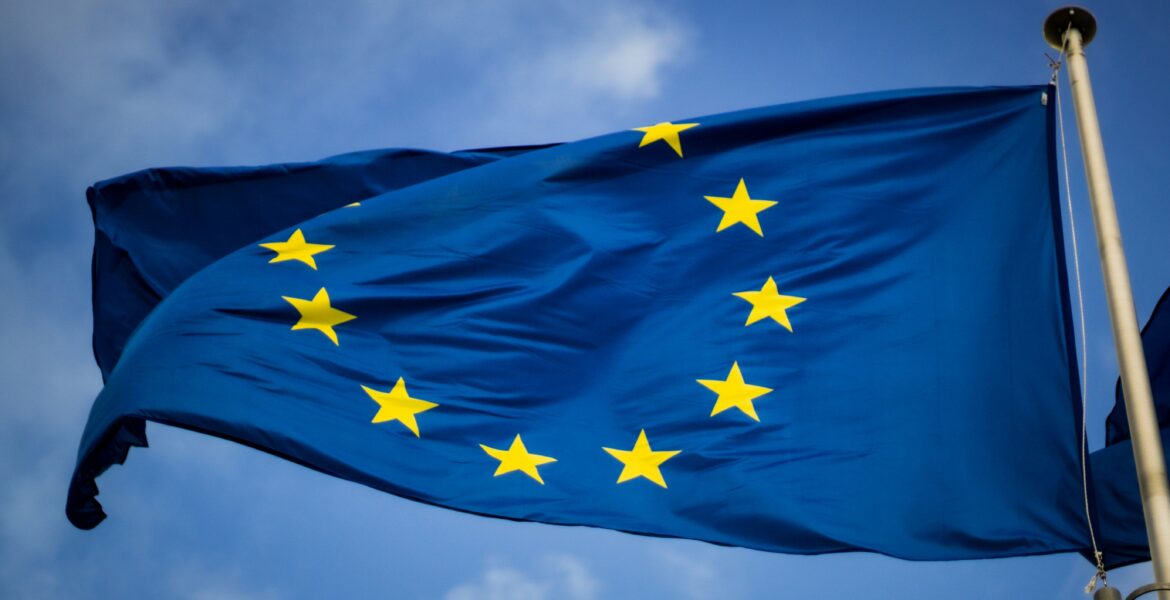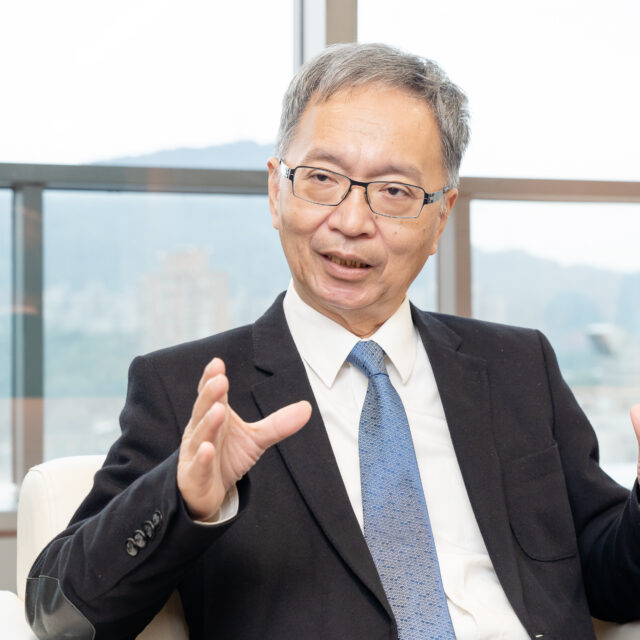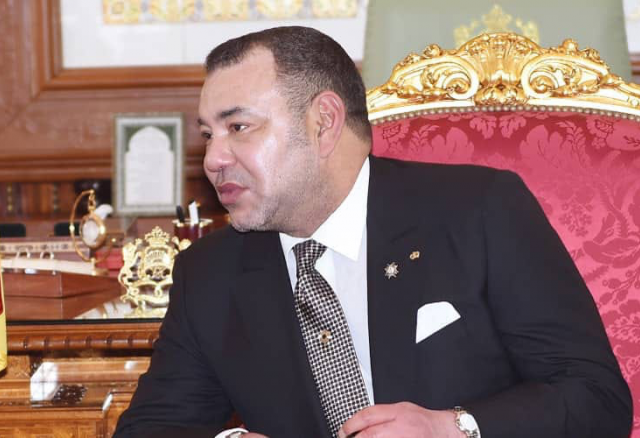Photo by Christian Lue on Unsplash
EU leaders converged on Brussels on Thursday for a key summit.
They will discuss the Strategic Agenda 2024-2029, the next institutional cycle, Ukraine, the Middle East, security and defence and competitiveness.
EU council president Charles Michel said this will be a “particularly significant meeting”.
Speaking just ahead of the meeting, he said it was so important “because we face both a substantive agenda and critical decisions that will shape our path forward.”
The 2 day summit kicks off on Thursday 27 June at 2pm with an exchange with Ukraine President Zelenskyy.
This, said Michael, will be an opportunity to discuss the situation on the ground, but also “take note of some achievements since our last meeting.”
In particular, the summit is an opportunity to welcome the adoption of negotiating frameworks and the holding of Intergovernmental Conferences with Ukraine, Moldova and Montenegro.
“These are historic steps in supporting these countries’ respective path towards European membership,” he added.
He went on, “Furthermore, we have been ambitious and bold in channelling the extraordinary revenue from immobilised Russian assets to support Ukraine this year.
“For the following years, together with partners, we will secure loans for Ukraine for an additional €50 billion.”
Michel, who is due to step down from his post in the next few days, added, “It is also imperative that we intensify our military support to Ukraine, focusing on air defence, ammunition, and missiles.
“Additionally, we must continue to rally broad international support for a just peace in Ukraine based on the UN Charter.”
He said the meeting will also tackle the “devastating Middle East crisis.”
Further comment comes from Ian Bond, deputy director of the CER, who told this site: “The opening of EU accession negotiations with Ukraine (and Moldova) on June 25 is a momentous occasion, and the EU has just imposed its 14th package of sanctions on Russia, but the European Council should not congratulate itself too much.”
“Militarily, Ukraine is still on the back foot, and Russia’s attacks on Ukraine’s energy infrastructure is having serious effects on the economy and the population. The EU needs to step up its support for Ukraine and its pressure on Russia.”
Zach Meyers, assistant director of the CER, said: “With Mario Draghi’s report on competitiveness set to be published in the coming weeks, the issue will be an important priority for EU leaders.
“Draghi is poised to demand ‘radical change’ to drive more investment and innovation. But member-states will have to overcome many qualms to deliver this agenda. It is not yet clear they are willing to relinquish more powers in areas like capital markets and defence spending, or whether they will agree to more EU-level investment in infrastructure to boost European economic growth. Member-states also need to agree on a strategy for reconciling concerns about competitiveness with the EU’s other pressing priorities like delivering the green transition and improving economic security.”
Luigi Scazzieri, a senior resarch fellow at the CER, adds: “Security and defence will be a big item on leaders’ agenda. One of their priorities is ensuring that more support flows to Ukraine in the immediate term. But leaders will also need to consider the longer-term question of how best to strengthen Europe’s defence industrial base.”
Civil society organisations across Europe and beyond, meantime, are calling on the summit to produce “real political solutions to the multiple crises people face”.
An open letter published on Wednesday and signed by 110 civil society organisations urges the EU to abandon its “Industrial Deal agenda and adopt an agenda that prioritises people and the environment.”




